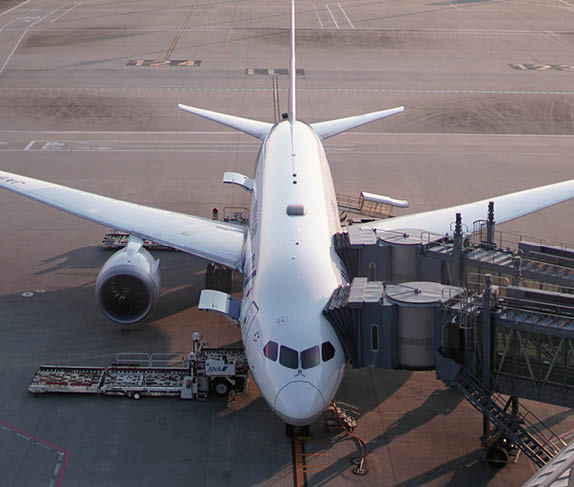Schiphol Airport has inked a deal with Smart Airport Systems to trial the firm’s sustainable taxiing technology in cooperation with Air Traffic Control Netherlands (LVNL), the Ministry of I&W, Corendon Dutch Airlines, KLM, Transavia, EasyJet and handlers Dnata and KLM Ground Services.
The technology behind this trial, the TaxiBot, is provided by Smart Airport Systems (SAS), a sister company to TLD and IAI (Israël Aerospace Industry). Maxime Mahieu, chief executive of Smart Airport Systems said he was impressed by Schiphol’s motivation for taking part in the trial.
Hassan Charaf, head of innovation at the Royal Schiphol Group, said, “This study fits with our ambition to be the most sustainable airport in the world. I am proud that together with our partners we are exploring what sustainable taxiing at Schiphol can mean".
The TaxiBot trial is part of an on-going feasibility study on sustainable taxiing at Schiphol Airport. Additional criteria will include how sustainable taxiing can be incorporated into daily operations, whether it can be achieved extensively across the airport and implementation timescales.
The ’TaxiBot’ is a semi-robotic tow vehicle developed by TLD and IAI, fully controlled by the Aircraft pilot when it tows the aircraft from terminal to runway, and back, without the use of the aircraft’s engines. The hybrid TaxiBot is powered by a combination of electric and diesel engines that allow it to consume 95% less fuel during taxiing than the more commonly used aircraft engines.
The TaxiBot is already in operation in India in both Delhi and Bangalore airports. At Schiphol Airport aircraft engines are used on average 14 minutes to taxi departing aircraft and 9 minutes for arriving aircraft.
The trial is set to run until the end of June after which the study will conclude in Autumn 2020.

